Monte Schulz crafts an extraordinary picture of urban life in the Roaring 20s, where modern dreamers and their romantic illusions collide with American wealth and decadence on the eve of the Great Depression. The Big Town tells the story of a failed businessman whose dreams of prosperity hinge on the secret proposition of a millionaire industrialist and a dangerous relationship he falls into with a poor young woman, orphaned and chasing love in the great American metropolis. For more information and an excerpt, click here.
The Big Town, A Novel of Urban Dreaming in the Jazz Age
By Monte Schulz, Published By Fantagraphics, Reviewed By Stephen T. Vessels
The Big Town is a feast for the lover of elegant prose and thoughtful storytelling. Harry Hennesey is a latter day Everyman, gone to the archetypal American Big City of the 1920s to find his fortune. He is an authentic descendant of Bunyan’s Pilgrim, and of all of his offspring and echoes, from Dickens’ Copperfield to Steinbeck’s Tom Joad. At the same time he is a thoroughly modern protagonist, possessed of the spectrum of contradictions and complexities that render an individual distinct.
Harry is a philanderer who loves his wife, an insightful philosopher and naive fantasist, a savvy businessman and a rube. He sells the small town family home, and leaves his wife and children in austere circumstances to await his triumphal return. Confident that his success is inevitable, he enters the maze of the City, the great melting-pot metropolis, and thrusts himself with earnest enthusiasm and stalwart dedication into the labor of fulfilling his aspirations. It is inevitable that he will encounter turns he does not envision.
Into the The Big Town’s Labyrinths
Enter Pearl, the quintessential American waif, carefree and desperate, vulnerable and self-sufficient, child-like and streetwise. Harry meets her in a movie theater. She is beautiful, and he is both drawn to her and terrified of her. Pearl needs protection more than she knows. A wealthy industrialist with political aspirations is searching for his bastard daughter, and Pearl may get entangled in his net. Harry becomes her reluctant champion as she leads him through a series of the City’s labyrinths: a whirlwind of speakeasies, a riverside slum, a mammoth amusement park, a sanitarium, a high-society party in a sprawling mansion. Harry follows her through the labyrinth of his own conflicted heart. The evolution of their relationship is immutably human and American, not easily disassembled into moral conclusions. They both prove wiser than each other, Harry in resisting his desire, Pearl in surrendering to hers.
Permeating and encompassing their story is the City, an unnamed amalgamation of “real” American cities, that functions as both a symbolic referent and a window into the past. The author has an encyclopedic command of the period, which allows him to infuse the narrative with a wealth of authentic description and dialogue. This is not an exercise in verisimilitude for its own sake. Schulz paints a picture not only of a time but of the dreams that shape it. He treats those dreams the way Jung treated myths, investing them with life. The effect is the reverse of watching an old film and noticing how fake it all looks.
An Urban Vision as Memory Palace
Monte Schulz has a vision of the city that is both a memory palace and a fantasy, seen through the eyes of its inhabitants, who fill in the voids and erase the seams with their assumptions, beliefs and imagination. The novel does not forget its deference to a lost age; it holds up a mirror to the present. When Harry’s faith in modernity and Pearl’s romantic illusions fail, we feel their pain as our own. The Big Town is a layered, intricate and unique work of extraordinary craftsmanship. It will reward the careful reader with much to reflect on and characters that last in memory. It lives up to the legacy of the great American novel.
Engrossing. Masterful. Groundbreaking.
Monte Schulz published his first novel, Down By The River, in 1990, and spent the next two decades writing Crossing Eden, an epic novel of the Jazz Age, of which The Big Town is a part of. He has taught writing and literature in the College of Creative Studies at University of California, Santa Barbara, where he earned his M.A. in American Studies. Schulz has been teaching at Santa Barbara’s Writers Conference since 2001 and became the conference’s owner in 2010. He lives in California and Hawaii.
Stephen Vessels writes poetry and literary fiction and has reviewed arts and music for the Santa Barbara Independent.
Updated 9 January 2024

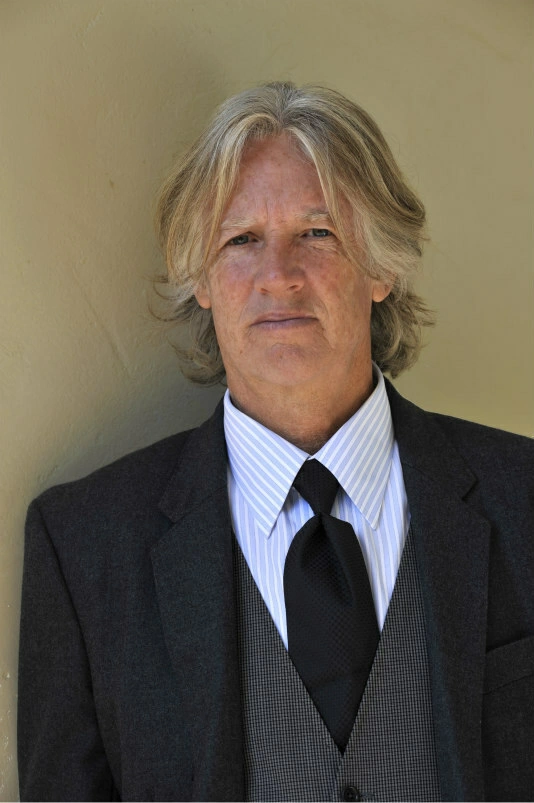

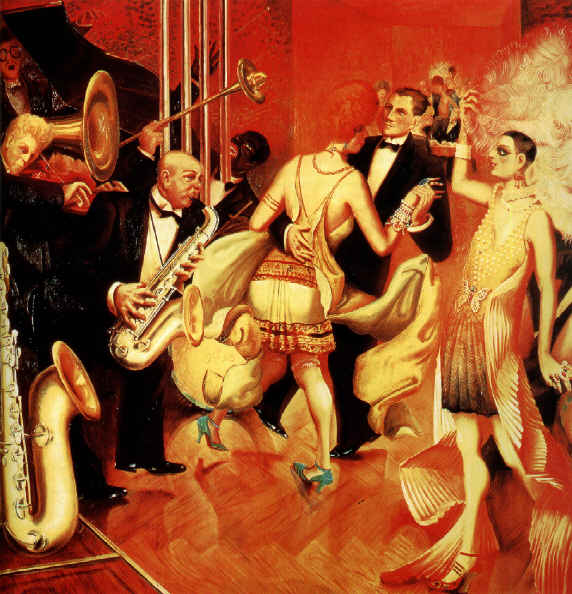
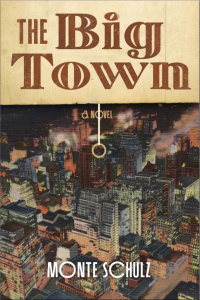
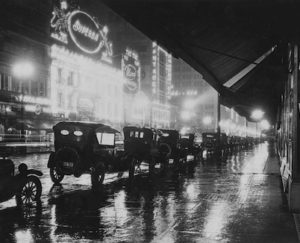

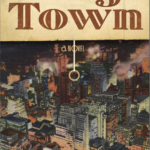
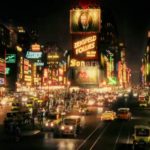
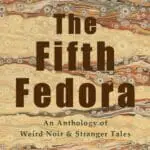
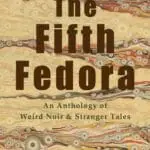

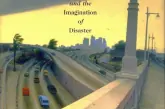


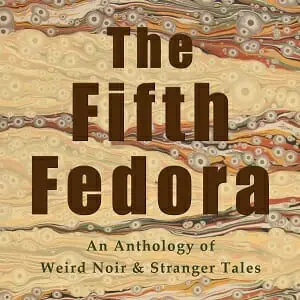

Pingback: Monte Schulz: Dreaming Jazz America in "The Big Town" | WilderUtopia.com